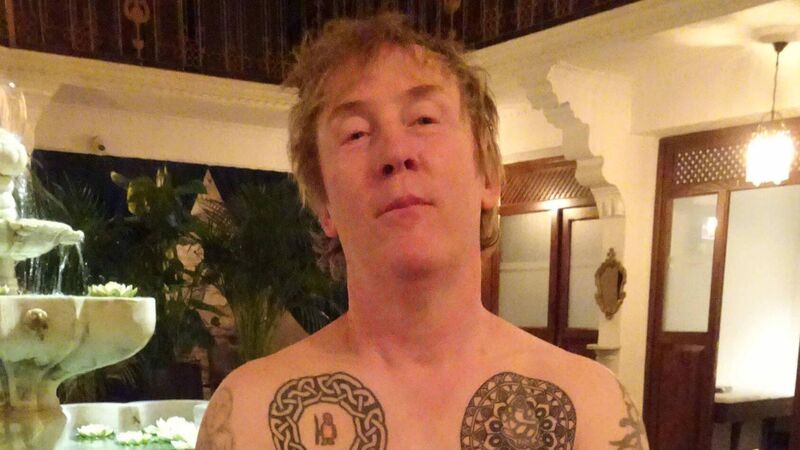Balkans go Baltics: War memories and close bonds in Hector's new travel show

Hector Ó hEochagáinin at a hammam sauna in Istanbul for Balkans go Baltics, on TG4.
One of the things Hector Ó hEochagáin loves to do most in life is look at a map. His director, Evan Chamberlain, and himself — the pair have been working together on travel documentaries for over 20 years — will spread a map of the world out on the bed of a hotel room. On the table beside them will be a few beers. They’ll pore over the map, plotting, scheming like a pair of Victorian adventurers.
“I loved geography at school — the names of capital cities, mountains, rivers always got me going as a child growing up in Navan,” says Hector.




